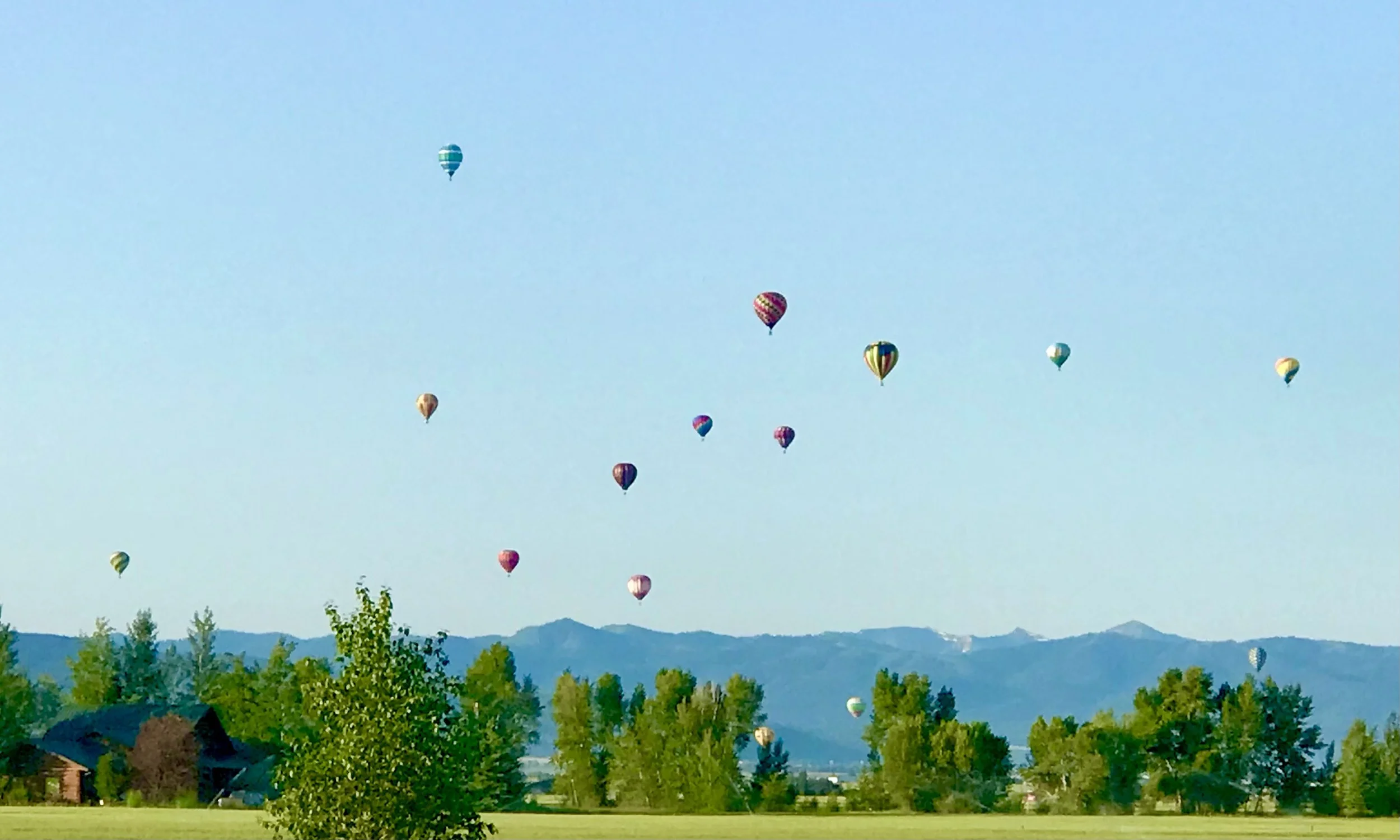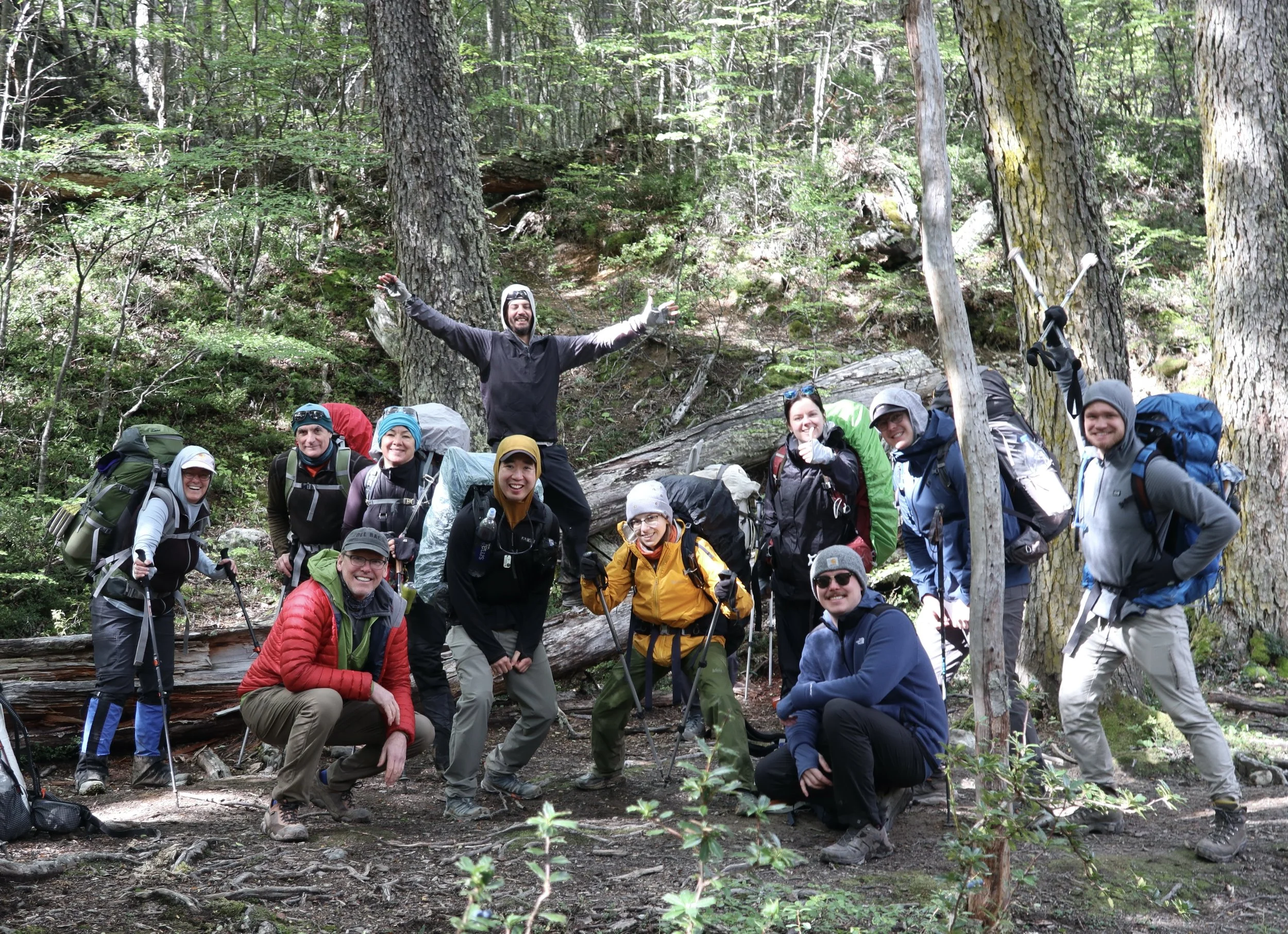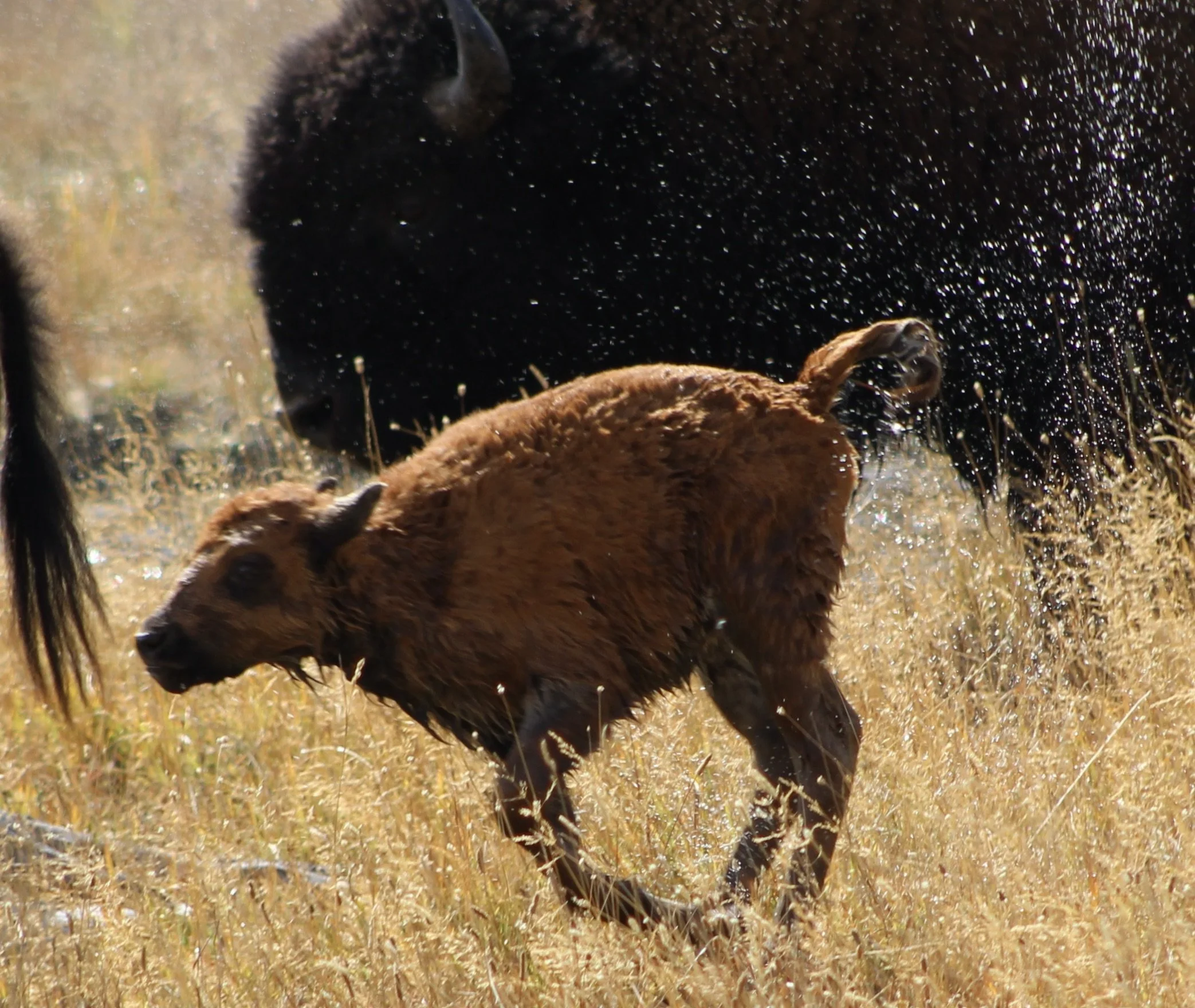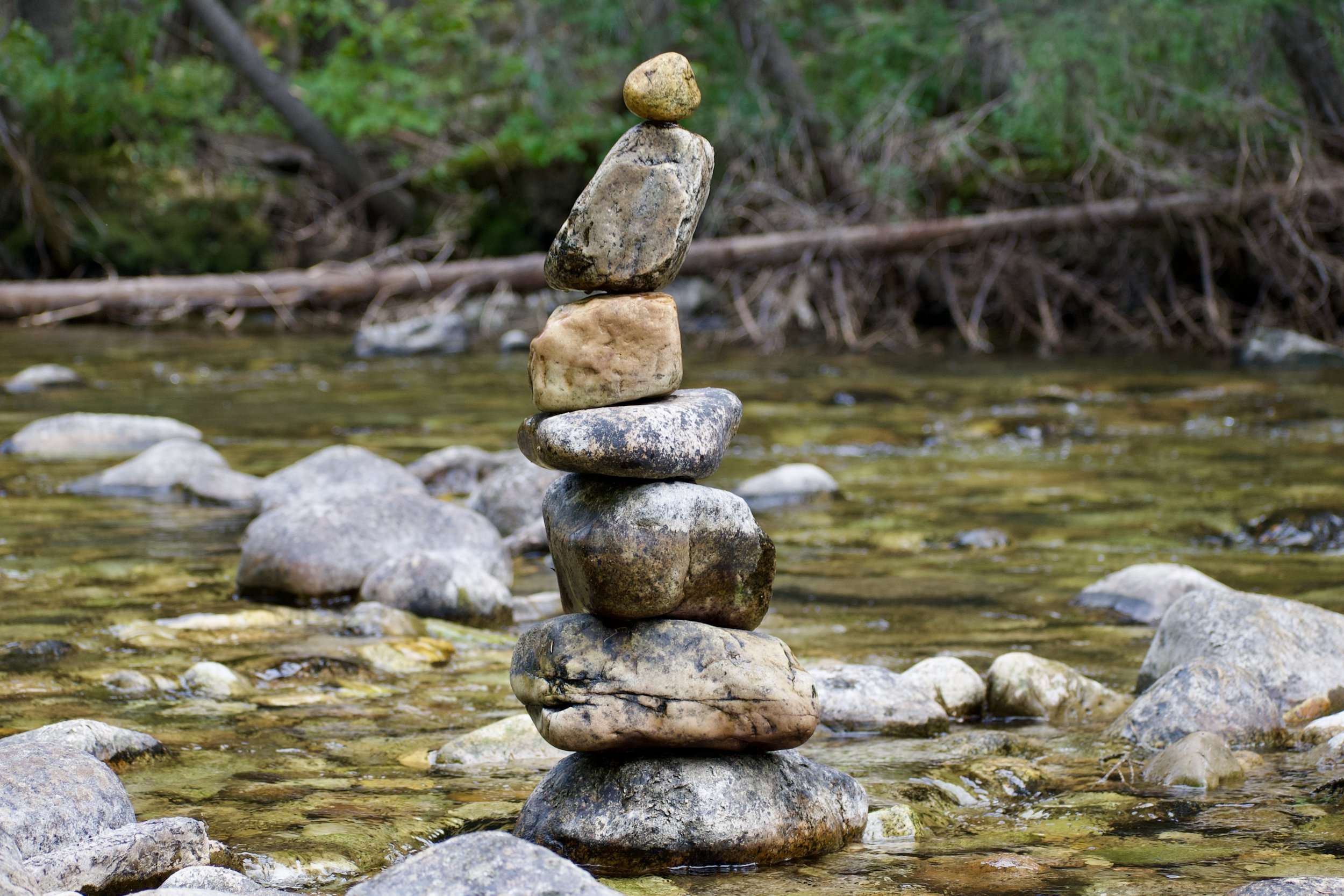
THE
EDUCATIONAL
MODEL
O U R M I S S I O N
Educating through projects, place, and outdoor experience, Tetons West Experiential High School inspires, challenges, and equips every student to pursue a lifetime of unfolding interests, in community with others and in service to the common good.
O U R V I S I O N
We see Tetons West Experiential High School having the following positive impacts on Teton Valley, on the mountain west, and on education at large:
We see an improved education ecosystem in Teton Valley, in which families have greater choice for high school, students have an excellent, deeper learning option, and the conversation about high quality schooling is richer, broader, and more solutions oriented.
We see our students graduating well prepared for college, career, and adult life, ready to make a difference and possessed of deep and broad content knowledge, as well as deep understanding of the world they are entering.
We see Tetons West becoming a top-choice provider of high quality professional development for educators in Teton Valley and nationally.
We see our school having a measurable positive impact on the local community through our engagement, and on education at large by our contributions to the knowledge base of deeper learning practices.
Supportive Community
The beautiful truth at the heart of community is that the group and the individual are interdependent and mutually beneficial. Strong individuals come together to form strong communities, but strong communities also develop strong individuals.
Kids engage and feel accountable to a community when they are known, accepted, included, challenged, supported, and valued.
Ultimately, being a part of something larger than yourself, fortifies and emboldens the self.
From this insight come some of our most important school practices – frequent whole school gatherings; close, positive relationships; full participation; transparency and trust; compassionate accountability, and so much more.
Positive Teacher-Student Relationships
Research tells us that the single most important factor in a student’s social, emotional, and academic wellbeing is the sense of feeling known by at least one adult at school.
Typically, very few adults can recount what they learned in any particular class in high school, but almost everyone remembers a handful of trusted teachers. It is the feeling of the relationship, with those people, with that teacher, in that space, that sticks years later.
Through advisory groups, personalized pedagogy, a block schedule, and our intentional efforts to know our students well, we develop relationships that students remember for a lifetime.
What makes the difference in high quality schools?
Three things.
Deeper Learning
Although “Deeper Learning” is a relatively new term in education, the ideas that underlie the approach are as old as John Dewey. Indeed, even older.
Today, Deeper Learning connotes an approach to learning that emphasizes understanding of relevant concepts and applicable principles over rote memorization of facts and parts. In fact, it is an umbrella term that includes a variety of methods and practices like project-based learning, place-based education, performance assessments, block scheduling, exhibitions of learning, student voice and choice, reflection, even restorative practices, design thinking, and student-designed assessment rubrics.
What they all have in common is relevance, real-world context, and agency.
T H E P R O G R A M
The Methods
Our pedagogy, first and foremost, is designed to engage students in deep and relevant learning.
Experiential Education – As John Dewey first explained to us in 1938, “…all genuine education comes about through experience…”. In all classes, Tetons West students learn things by doing things, then reflect, then do some more things.
Personalization – Interest-born learning ensures a high degree of relevance and engagement for our students, but personalization also extends to the tailored challenges and supports we offer students.
Project-Based Learning – Projects, both long-term and short-term, allow students the opportunity to connect what they are learning to a wide range of skill sets and subject areas.
Place-based Education – The most effective means of contextualization for learning, place-based education roots academic content in real challenges that real people face in our local community.
Outdoor Experience – We use short and extended backcountry and front country environments to build community among students and to develop the risk management and self-awareness skills students need.
The Curriculum
Our core selection of academic fields of study improves upon the standard organized high school curriculum that has not seen significant revision since the Committee of Ten made their recommendations in 1892. We have updated our curriculum to include a more relevant and current selection of subjects, the content students need to be successful in today’s colleges and careers.
Literature and Literacy – A deep dive into great written works, language, and linguistics. That is, not only a familiarity with words well used, but also with how language works and how to use it well.
Maths and Numeracy – A tour through various mathematics from algebra though calculus, including statistics, number theory, and how numbers work in practical terms.
The Natural Sciences – A big picture approach to the natural systems that govern our universe, including biology, chemistry, physics, and a selection of special topics.
The Social Sciences – A study of people, the choices they make, and the social structures they create, including behavioral economics, psychology, and sociology.
Global Studies – A broad and deep study of world cultures, including world history, world religions, and global wisdom traditions.
World Languages – A second - or third, or… – language with a focus on conversational use and communication, including American Sign Language.
Health and Well Being – Nutrition, mental health, social media awareness, exercise bioenergetics, and how the mind and body work in healthy ways.
Shop and Studio Arts - Visual and industrial arts, including design and building in wood, metal, and aesthetic materials. Also, performing arts, including theater, music, and voice.
Social and Emotional Skill Sets – Using the well-established Collaborative for Academic, Social, and Emotional Learning’s (CASEL) Core Competency model, Tetons West students become equipped with the essential skills of self-awareness, self management, social awareness, relationship management, and responsible decision making.
Student Support for Learning
As a school committed to shepherding young people safely and confidently into adulthood, we prioritize the well being of our students. To do the hard work, emotionally, cognitively, and physically, that adolescence requires, students need redundant systems of support.
Mental Health Counselor – Tetons West will employ a full-time, on-site, qualified mental health counselor who can meet with students individually when the need arises to help them through the inevitable challenges of high school life.
Learning Coach – We will also have a full-time learning coach, an expert in learning styles and interventions who can work with students on the full array of school skills they need to be successful.
Advisors – Every student will be placed into an Advisory Group of 8-10 classmates. Advisories are led by teachers in a non-evaluative setting. Advisories give students a small group within the larger community, a place to feel belonging and camaraderie. Advisors also function as the first contact for families and for students when things get dicey.
Portrait of a Graduate
The impact of time spent in the Tetons West program is unmistakeable. Our graduates will be …
Possessed of deep and interconnected CONTENT KNOWLEDGE
When you go deep, you go broad - and ideas begin to interconnect in surprising ways. Our students will have spent significant time probing and interrogating subject matters through projects, challenges, and presentations so that in the end they will be confident of what they know and they will know how it connects to a larger world of ideas.
EMOTIONALLY and SOCIALLY adept
Our students will know themselves, their interests, their triggers, their drives - and they will know how to manage impulses. They will also adept at interpersonal dynamics, skillfully managing relationships for positive interactions. Because of their competence in emotional and social realms, they will naturally develop an abiding appreciation for socially significant difference.
Active and committed to the COMMON GOOD
In making both large and small decisions, our students will habitually ask, “For whom is it good?", knowing that on an increasingly interconnected planet, we all live downstream.
Able to SELF-EDUCATE
Knowledgeable and broadly educated, our graduates will be possessed of a skill set and a desire to continue learning by teaching themselves. They will also be able to discern fact from fiction and to vet information for validity and truth.
Visionary RE-INVENTIONISTS
Focused on solutions, our graduates will be accustomed to asking unasked questions, noticing what typically goes unnoticed, and exploring new ways of thinking about old problems.
POISED and ARTICULATE before an audience
By frequent practice, out graduates will have become clear and compelling communicators, able to read a room and hold a space for productive group discussion. They will be calm and comfortable in the spotlight.
Ready to take POSITIVE NEXT STEPS
Hopeful and clear-eyed, our graduates will show rational optimism and skillful backward planning as they take smart and self-directed steps in to a larger and more challenging adult world. They will be ambitious and perseverant in crafting the life they want in the world they want and in getting where they want to go.
